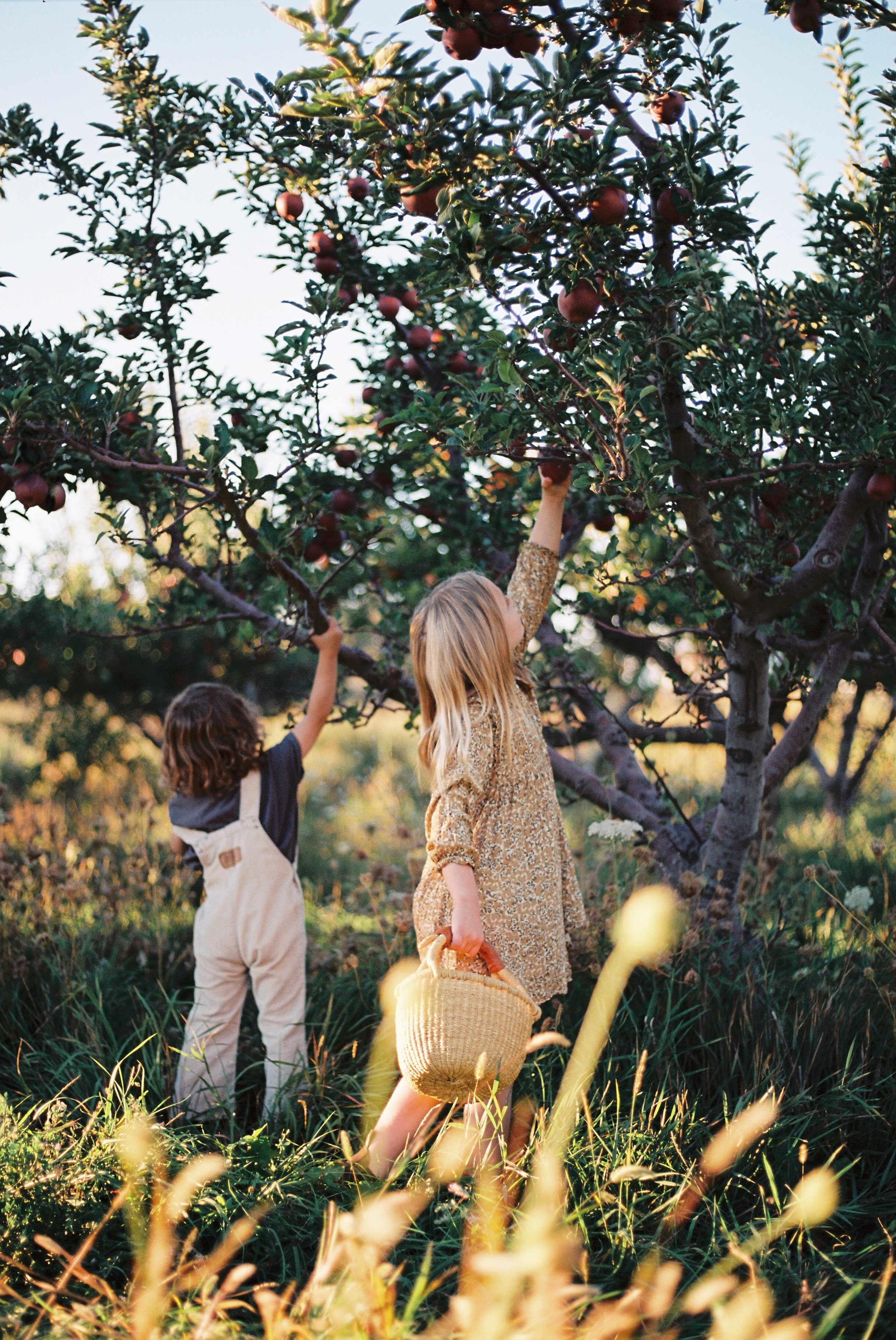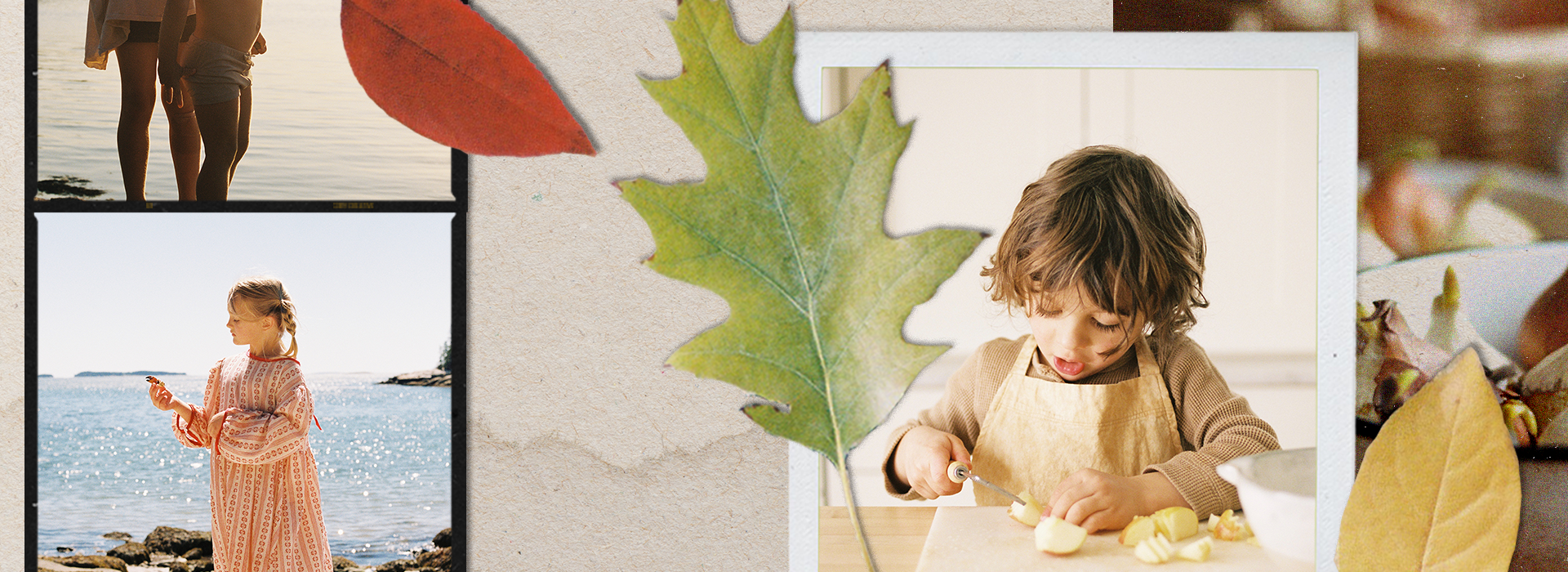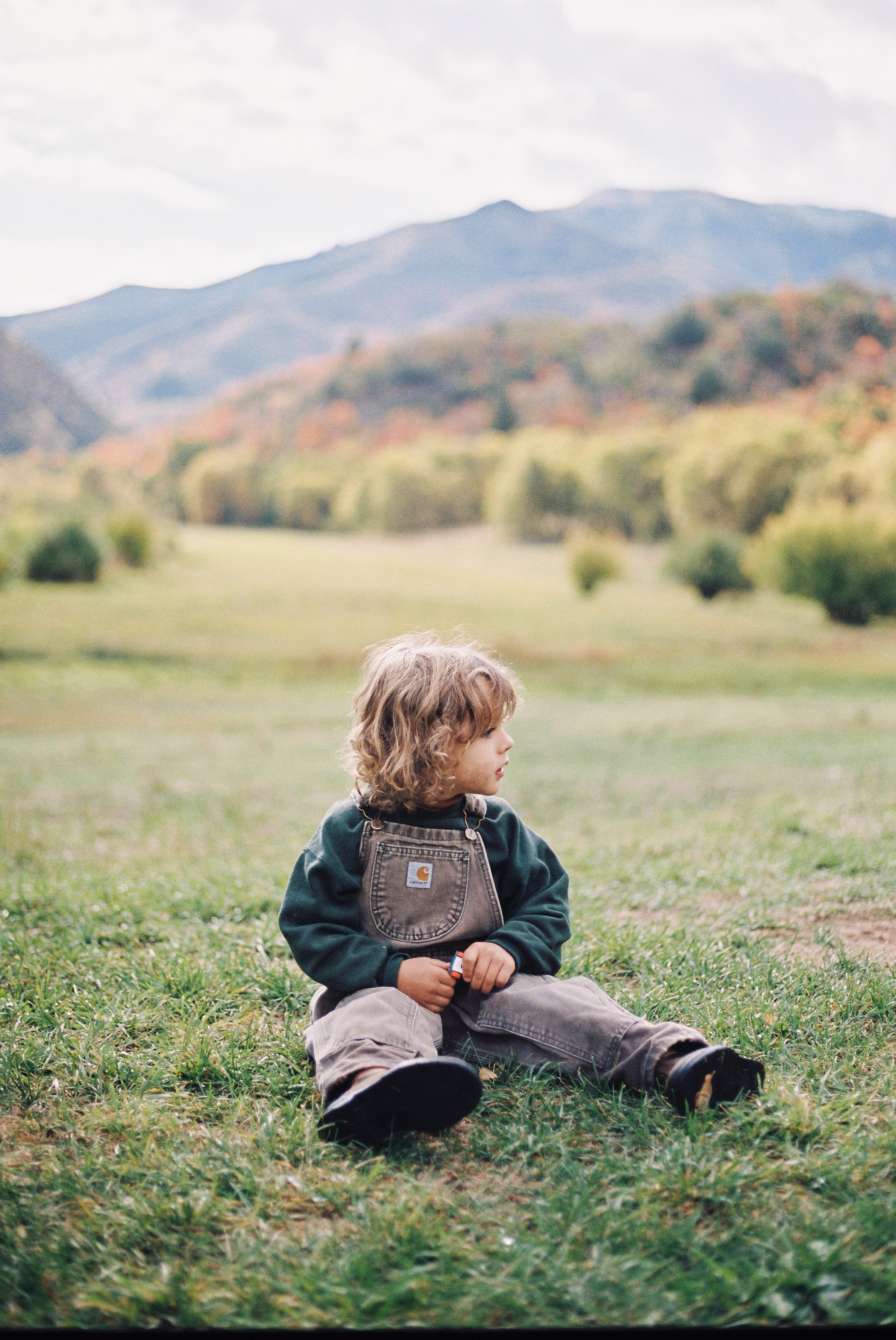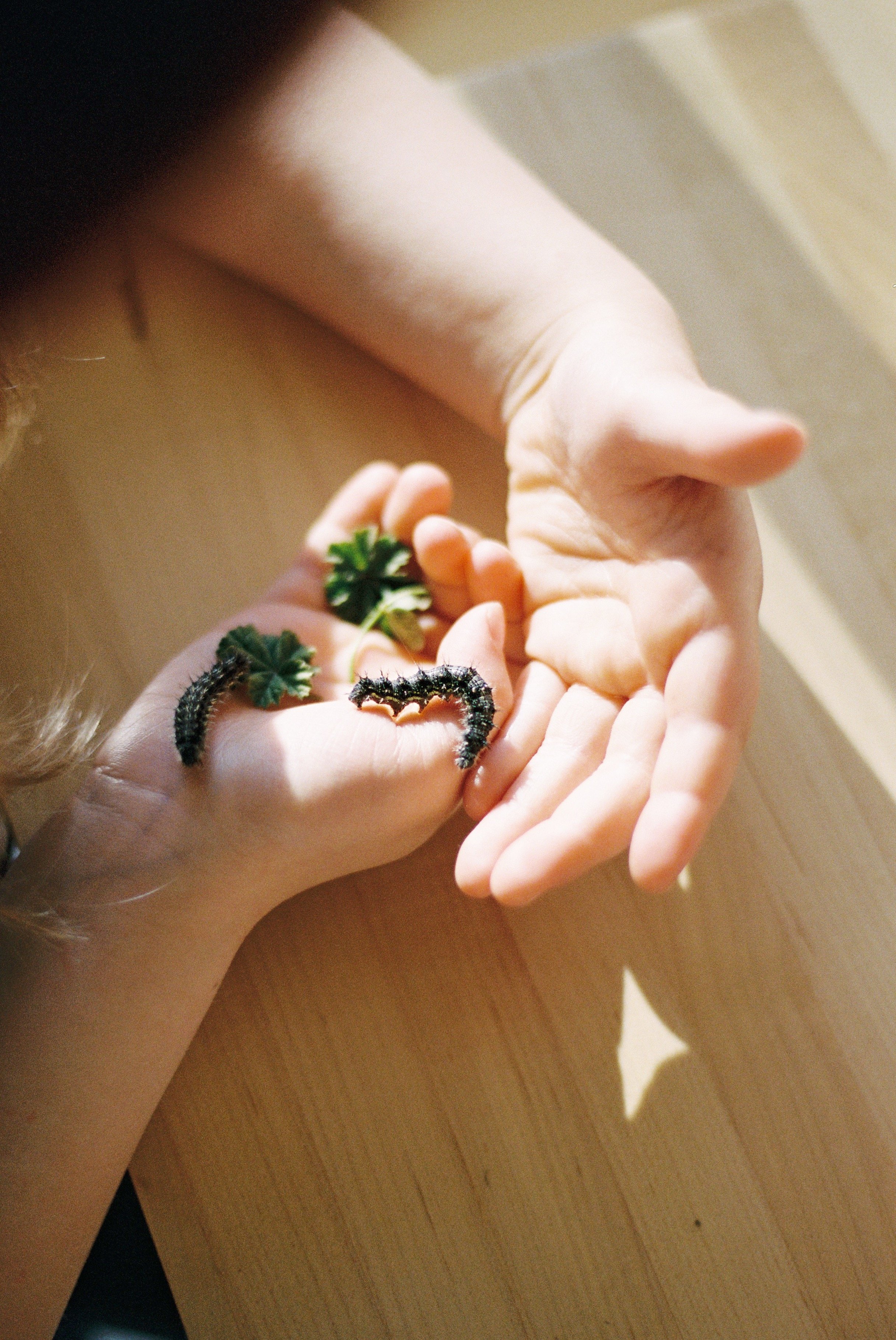
Homeschool curriculum for thoughtful caregivers and curious children.

What is Kinderfolk Club?
A monthly subscription developed to help teachers and caregivers save time and money as they embark on the learning journey with their young ones. Our monthly curriculum draws inspiration from multiple learning philosophies, and is focused on building strong relationships, creating a safe and supportive environment, fostering a sense of curiosity and wonder, learning through play, exploration, and experience, and providing opportunities for creativity and self-expression.
Our Curriculum
-
Children need to feel attached and connected to their caregivers in order to learn effectively, as relationships provide safety and security necessary for the brain to develop and form new neural connections. Relationships are the foundation for learning.
-
Creating a safe and supportive environment allows children to feel secure and free from fear, anxiety, and stress. When children feel safe and supported, they are more likely to be open to learning and to engage in new experiences. It also helps to foster emotional connections between children and their caregivers which is essential for healthy development.
-
Curiosity and wonder are natural tendencies that children possess, and when these tendencies are nurtured, they can lead to a lifetime of learning and discovery. Children who are encouraged to ask questions, investigate, and explore are more likely to develop critical thinking skills, problem-solving abilities, and creativity. They are also more likely to be engaged and motivated learners, which can lead to academic success and personal fulfillment.
-
Play provides a natural and enjoyable way for children to learn and develop important skills. It is the work of childhood. Play is essential for children’s emotional and social development. Through play, children can learn to regulate their emotions, build relationships with others, and develop a sense of self. Play can also help children develop their creativity, problem-solving abilities, and critical thinking skills. It is also essential for physical development, as it allows them to practice and refine their motor skills, coordination, and balance.
-
Learning through exploration allows children to to actively engage with their environment and develop a deeper understanding of the world around them. When children are given opportunities to explore, they can use their senses, ask questions, and make connections between what they already know and what they are discovering. In addition, learning through exploration can help children develop a sense of independence and self-reliance. They can also learn to take risks, persevere through challenges, and learn from their mistakes.
-
Daily life experiences promote holistic development. They offer children opportunities to develop in multiple areas, including cognitive, social, emotional, and physical development. Children learn by observing the actions and behaviors of the people around them. They watch how their parents, siblings, and other daily members interact with each other, and they learn from their actions. Daily routines also provide children with a sense of structure and predictability, which is important for their development. They learn time management, responsibility, and self-discipline through daily routines such as getting dressed, brushing teeth, eating meals, and going to bed. This builds self-esteem and necessary skills they will take with them throughout their life.
-
Creativity encourages children to explore their own unique interests and talents, which helps them develop a sense of identity and self-awareness. Self-expression allows children to express their thoughts, feelings, and ideas in a safe and supportive environment, which can build confidence and self-esteem. It can also help them think outside the box and find innovative solutions to problems. When children are given the opportunity to explore and experiment with different materials and ideas, they develop critical thinking and problem-solving skills. Helps children improve their communication skills. When children are encouraged to express themselves, they learn how to articulate their ideas and feelings in a clear and concise manner.
-
Modeling and using sustainable practices helps promote a healthy and sustainable future for the planet. By teaching children about sustainable practices and environmental stewardship, we can help them to develop a sense of responsibility and care for the environment. They can learn to think about the impact of their actions on the environment and develop creative solutions for reducing waste and conserving resources. It can also promote a sense of community and social responsibility. Children can learn about the interconnectedness of people and the environment, and they can develop a sense of empathy and concern for the well-being of others.


